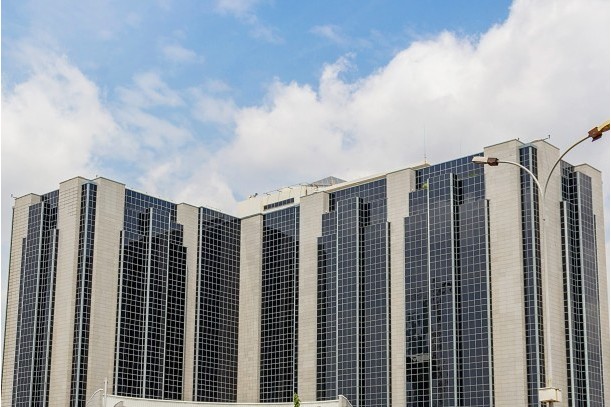Latest News
CBN cuts benchmark interest rate to 11.5 per cent

News Highlight
CBN retained cash reserve ratio at 27.50 per cent and liquidity ratio at 30 per cent.
The Central Bank of Nigeria (CBN) reduced its monetary policy rate (MPR) by 100 basis points (bps) from 12.5 per cent to 11.5 per cent at the end of the Monetary Policy Committee (MPC) meeting on Tuesday.
The last time the CBN reduced its benchmark interest rate was in May 2020 when the bank cut the MPR from 13.5 per cent to 12.5 per cent to stimulate economic growth amid the COVID-19 pandemic. It was the first rate cut since March 2019.
Governor of the CBN, Godwin Emefiele, disclosed the latest rate cut while reading the committee’s communique at the end of the second-to-last MPC meeting of the year, which held on September 21-22. Emefiele also announced an adjustment of the asymmetric corridor around the MPR from +200/-500 bps to +100/-700 bps.
Other key policy decisions announced by CBN include a retention of the cash reserve ratio at 27.50 per cent. The MPC also voted to keep the liquidity ratio (LR) unchanged at 30.00 per cent.
The reduction in the benchmark lending rate is in line with expectation of CardinalStone Partners, a Lagos-based investment advisory firm. In an analysis, "An Eye into Possible MPC Outcomes," which was published earlier today, the firm said it saw a 40 per cent probability for another 100 bps reduction in the MPR following the just-concluded MPC meeting.
"Nigeria’s Q2’20 GDP growth of -6.1%, which vastly underperformed CBN’s growth forecast of -1.0%, suggests that the apex bank misjudged the depth of the COVID-induced crisis and could therefore reassess its policy measures," CardinalStone analysts wrote. "Besides, leading indicators suggest only an anemic pickup in economic activity in the months after the GDP release."
Nigeria’s Gross Domestic Product (GDP) contracted by 6.10 per cent year-on-year in the second quarter of 2020, mainly attributed to the economic shocks caused by the coronavirus pandemic, which resulted in nationwide lockdowns to curtail the spread of the virus.
The International Monetary Fund (IMF) estimates that Nigeria's GDP for 2020 will contract by 5.4 per cent due to the ongoing pandemic.
Related News
Latest Blogs
- The Museum of West African Art saga
- The complexity and complication of Nigeria’s insecurity
- Between bold is wise and wise is bold
- Prospects of port community system in Nigeria’s maritime sector
- Constitutionalism must anchor discipline in Nigerian Armed Forces
Most Popular News
- NDIC pledges support towards financial system stability
- Artificial intelligence can help to reduce youth unemployment in Africa – ...
- Africa needs €240 billion in factoring volumes for SME-led transformation
- ChatGPT is now the most-downloaded app – report
- CBN licences 82 bureaux de change under revised guidelines
- Green economy to surpass $7 trillion in annual value by 2030 – WEF






